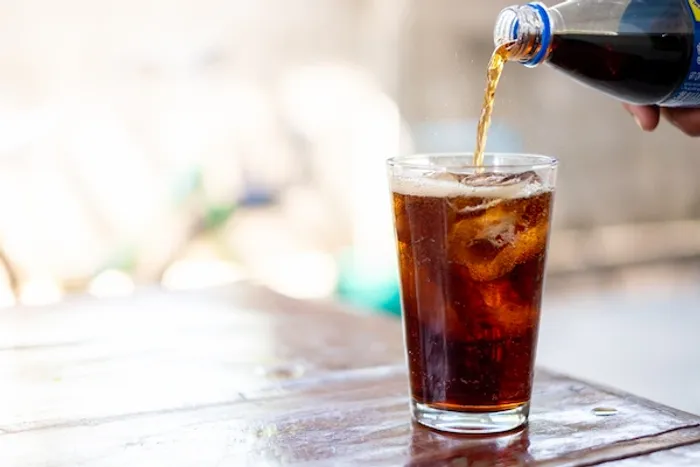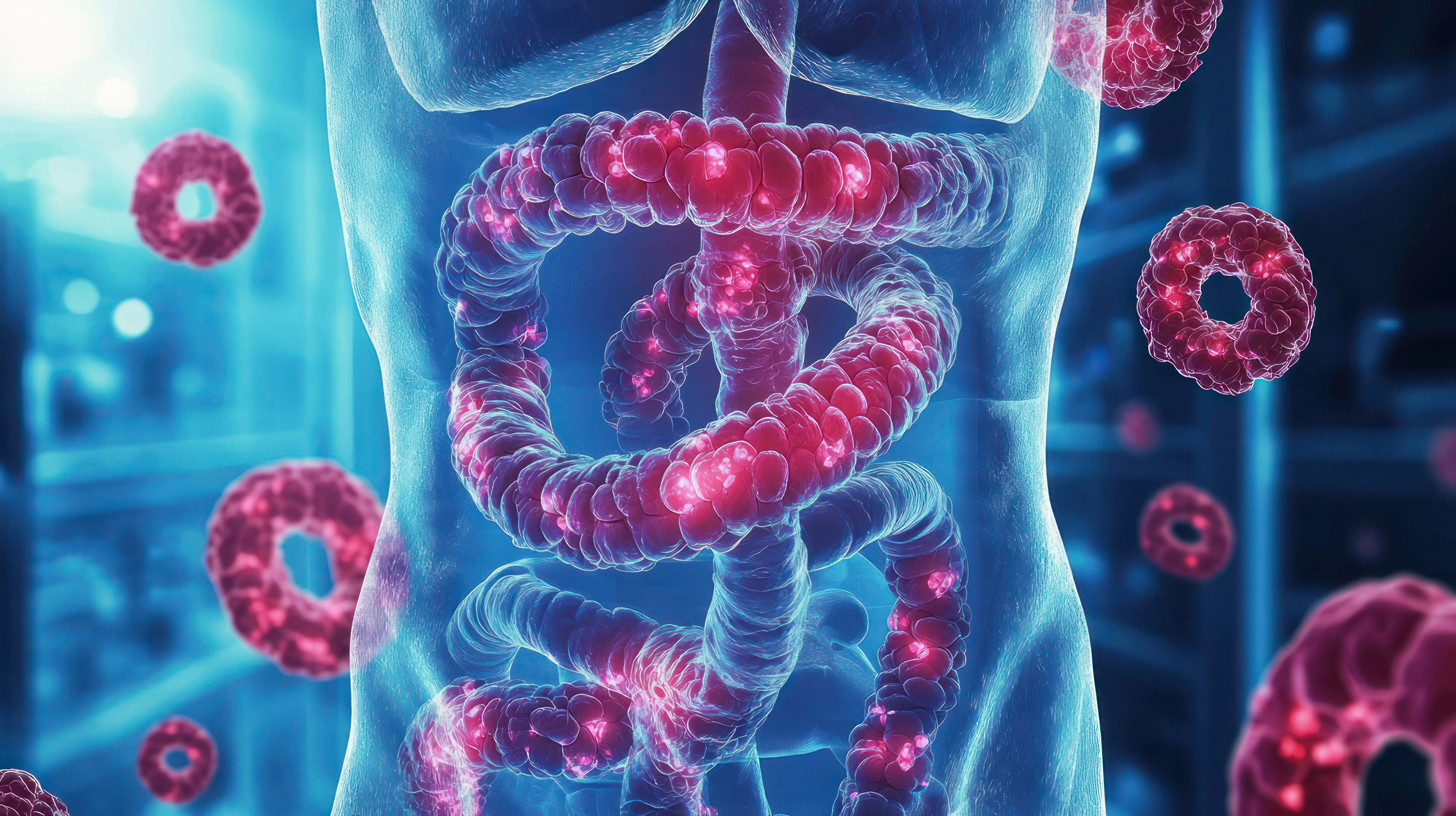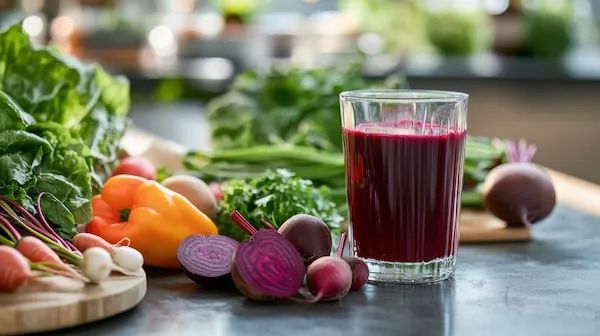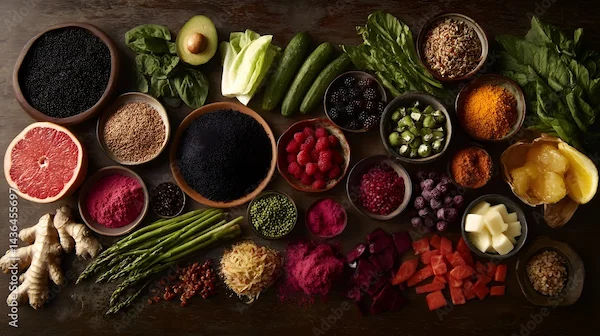Guide to Your Diet Cola Making You Dumb
Worried your daily diet soda habit is affecting your brain? Explore the potential link between artificial sweeteners, diet cola consumption, and cognitive function. Get the facts on what the research says.


Introduction
For decades, diet cola has been the go-to beverage for those watching their weight or cutting sugar. It promises the sweet, fizzy satisfaction of a regular soda without the guilt of calories. But what if the trade-off for a smaller waistline was a decline in your brainpower? A growing body of scientific evidence suggests that your daily diet cola might be negatively impacting your cognitive function, potentially increasing your risk for conditions like stroke, dementia, and memory loss. This isn't about a single ingredient being toxic in one sip; it's about the cumulative, insidious effect of regular consumption on your brain's health. In this article, we'll dive deep into the science, unpack the key studies, and explore the mechanisms—from vascular damage to metabolic confusion—that link these popular drinks to a foggy brain. We'll also provide practical, healthier alternatives to help you protect your most vital organ. If you've ever wondered, "Is my diet coke making me dumb?"—read on for the evidence-based answers.
What's Actually in Your Diet Cola?
Before we understand how diet cola affects the brain, we need to know what we're putting into our bodies. While the exact recipes are closely guarded secrets, the primary ingredients beyond carbonated water are artificial sweeteners, acids, flavorings, and caffeine.
Artificial Sweeteners: The Usual Suspects
These are the chemicals that provide the signature sweetness without the calories of sugar.
Aspartame: The Most Studied (and Debated) Sweetener
Aspartame is perhaps the most common sweetener in diet colas and is at the center of the health debate. When digested, it breaks down into three components: phenylalanine, aspartic acid, and methanol. While these are found in other foods, the concern is the direct delivery system. High levels of phenylalanine can disrupt the chemical balance in the brain, potentially interfering with the production of neurotransmitters like serotonin and dopamine, which regulate mood, sleep, and cognition.
Other Common Sweeteners: Sucralose and Ace-K
Many modern diet drinks use a blend of sweeteners to improve taste. Sucralose (sold as Splenda) and Acesulfame Potassium (Ace-K) are also prevalent. Emerging research suggests that sucralose may alter the gut microbiome, which has a profound connection to brain health via the gut-brain axis—a link we'll explore later.
Beyond Sweeteners: Acids, Caffeine, and Additives
Phosphoric acid gives colas their tangy flavor but can interfere with calcium absorption, which is crucial for nerve signaling. Caffeine, while a cognitive stimulant in the short term, can lead to dependence and withdrawal symptoms like headaches and brain fog. The combination of these ingredients creates a potent chemical cocktail whose long-term effects are still being fully understood.
Consult Top Specialists
The Scientific Link: How Diet Soda May Impact Your Brain
The idea that diet soda consumption is linked to cognitive decline is supported by several plausible biological mechanisms. It's not just one single pathway but a combination of factors that pose a threat to brain health.
The Vascular Connection: Strokes and Dementia
Your brain relies on a healthy network of blood vessels to receive oxygen and nutrients. Research has shown a strong correlation between daily consumption of artificially sweetened beverages and an increased risk of stroke and Alzheimer's disease. The theory is that these drinks may contribute to endothelial dysfunction—damaging the inner lining of blood vessels—and increase the risk of conditions like hypertension and type 2 diabetes, which are major risk factors for vascular dementia.
The Metabolic Mismatch: Sweetness Without Calories
When your tongue tastes something sweet, your brain and pancreas prepare for an incoming load of glucose. However, with artificial sweeteners, that energy never arrives. This metabolic mismatch may, over time, lead to insulin resistance—a condition where your cells don't respond well to insulin. Since the brain uses insulin to regulate energy metabolism and synaptic plasticity, insulin resistance in the brain is strongly linked to impaired memory and an increased risk for neurodegenerative diseases.
The Gut-Brain Axis: How Sweeteners Affect Your Second Brain
This is a newer and critical area of research. Your gut is home to trillions of bacteria that influence everything from immunity to mood. Artificial sweeteners have been shown to alter the balance of this gut microbiota negatively. An unhealthy gut microbiome can increase inflammation throughout the body, including the brain. This chronic inflammation is a known contributor to cognitive impairment and brain fog, creating a direct line from your diet cola can to your cognitive function.
Key Studies You Can't Ignore
Correlation doesn't always mean causation, but when multiple large-scale studies point in the same direction, it's time to pay attention.
The Framingham Heart Study: A Wake-Up Call
Published in the journals Stroke and Alzheimer's & Dementia, this research analyzed data from over 4,000 adults. The findings were startling. People who drank at least one artificially sweetened soda per day were nearly three times as likely to develop stroke and dementia compared to those who drank none. This was after accounting for factors like age, smoking, and diet quality.
Boston University Research: Linking Consumption to Brain Aging
A 2017 study from Boston University School of Medicine used MRI scans and cognitive tests. They found that higher recent and cumulative intake of diet soda was associated with smaller brain volume (a sign of accelerated brain aging) and poorer performance on memory tests. These effects were notably stronger than those associated with regular sugary soda, pointing a specific finger at artificial sweeteners and cognitive decline.
Beyond "Dumb": Other Health Risks of Diet Sodas
While our focus is on the brain, it's important to note that the potential harms of diet sodas are systemic. Regular consumption has also been linked to:
- Weight Gain: Contrary to their purpose, some studies suggest artificial sweeteners may increase cravings for sweet, calorie-dense foods.
- Type 2 Diabetes: The metabolic confusion they cause can increase the risk of developing insulin resistance.
- Kidney Function: High consumption of certain sweeteners has been associated with a decline in kidney function over time.
If you are experiencing persistent brain fog or other cognitive symptoms that you suspect might be linked to your diet or other health issues, it's crucial to seek professional advice. Consulting a doctor online with Apollo24|7 can help you get a preliminary evaluation and guidance on the next steps.
Healthier Alternatives to Quench Your Thirst
Breaking a diet cola habit can be challenging, but your brain will thank you. Here are some refreshing swaps.
Sparkling Water with a Twist
Unsweetened sparkling water is the perfect replacement for the fizz. Add a squeeze of fresh lemon, lime, orange, or a few muddled berries for natural flavor.
Herbal and Fruit Infusions
Brew a pot of caffeine-free herbal tea like peppermint, chamomile, or rooibos. Let it cool and serve over ice. You can also create infused water by adding slices of cucumber, citrus, ginger, or mint leaves to a pitcher of water.
The Role of Plain Old Water
Often, we mistake thirst for hunger or a craving for something else. Staying well-hydrated with plain water is the single best thing you can do for your overall health, including cognitive function. If you find water boring, try using a water bottle with a built-in infuser.
Conclusion
The evidence is mounting: the daily habit of drinking diet cola is far from a harmless vice. While more research is always needed, the current science paints a concerning picture linking artificial sweeteners to an increased risk of stroke, dementia, and poorer cognitive performance. The mechanisms—through vascular damage, metabolic confusion, and gut inflammation—provide a clear biological rationale for these findings. The term "making you dumb" may be simplistic, but the underlying reality of cognitive impairment and brain fog is a serious health consideration. The goal isn't to incite panic but to encourage mindfulness. Rethinking your drink by switching to healthier alternatives like sparkling water or herbal infusions is a simple yet powerful step you can take to protect your long-term brain health. Your future, sharper self will thank you for it.
Consult Top Specialists
Consult Top Specialists

Ms. Soma Saha
clinical nutrition
17 Years • B.Sc. - Home Science (Food & Nutrition), M.Sc. - Home Science (Food & Nutrition)
Kolkata
Dr Utsa Basu Clinic, Kolkata
(50+ Patients)

Ms. Samapti Maity
Dietician
16 Years • MSc. (Clinical Nutrition & Dietitics), NDEP, Course in Maternal Infant Young Child Nutrition.Diploma in Sports Nutrition, Diploma in Diabetic educator, FODMAP Specialist
Kolkata
BIENETRE CLINIC, Kolkata

Ms Suvashree Bhattacharya
Dietician
7 Years • Allied Healthcare professional
Dumdum
Sigma Health Care, Dumdum

Ms Suchanda Guha
Dietician
10 Years • M.Sc (Applied Nutrition), B.Sc (Food & Nutrition), Diploma (Yogic Nutrition)
Kolkata
NutriKutir, Kolkata

Ms Divya Gandhi
Dietician
10 Years • Diploma in Nutrition and Dietetics
Delhi
Diet and Cure, Delhi
(325+ Patients)
Consult Top Specialists

Ms. Soma Saha
clinical nutrition
17 Years • B.Sc. - Home Science (Food & Nutrition), M.Sc. - Home Science (Food & Nutrition)
Kolkata
Dr Utsa Basu Clinic, Kolkata
(50+ Patients)

Ms. Samapti Maity
Dietician
16 Years • MSc. (Clinical Nutrition & Dietitics), NDEP, Course in Maternal Infant Young Child Nutrition.Diploma in Sports Nutrition, Diploma in Diabetic educator, FODMAP Specialist
Kolkata
BIENETRE CLINIC, Kolkata

Ms Suvashree Bhattacharya
Dietician
7 Years • Allied Healthcare professional
Dumdum
Sigma Health Care, Dumdum

Ms Suchanda Guha
Dietician
10 Years • M.Sc (Applied Nutrition), B.Sc (Food & Nutrition), Diploma (Yogic Nutrition)
Kolkata
NutriKutir, Kolkata

Ms Divya Gandhi
Dietician
10 Years • Diploma in Nutrition and Dietetics
Delhi
Diet and Cure, Delhi
(325+ Patients)
More articles from Nutritional
Frequently Asked Questions
Is one diet cola a day really that bad?
While an occasional diet cola is unlikely to cause significant harm, the studies showing risks are based on habitual consumption—often defined as one or more per day. The key is consistency and cumulative intake over years. Moderation is crucial.
What's the best alternative if I crave caffeine?
If you rely on diet cola for a caffeine boost, consider switching to unsweetened coffee or tea. Both contain antioxidants and other compounds that are actually associated with better brain health, unlike the artificial mix in diet soda.
Are there any 'safe' artificial sweeteners?
Stevia and monk fruit extract are often considered better options as they are derived from plants and generally recognized as safe (GRAS) by regulatory bodies without the same volume of negative neurological research. However, the healthiest choice is to reduce your overall preference for extreme sweetness.
Can the damage from drinking diet soda be reversed?
The brain has a remarkable ability to heal, a concept known as neuroplasticity. By quitting diet soda, adopting a brain-healthy diet (rich in fruits, vegetables, and omega-3s), exercising, and getting enough sleep, you can support your brain's recovery and improve cognitive function over time.
How long does it take for brain fog from diet soda to go away?
This varies by individual. Some people report feeling clearer within days of quitting, as hydration and stable blood sugar improve. For long-term cognitive risks like dementia, the goal is prevention through sustained healthy habits. If brain fog persists, it could be related to other factors like nutrient deficiencies or sleep apnea. If your condition does not improve, consulting a doctor online with Apollo24|7 can help identify the root cause.




